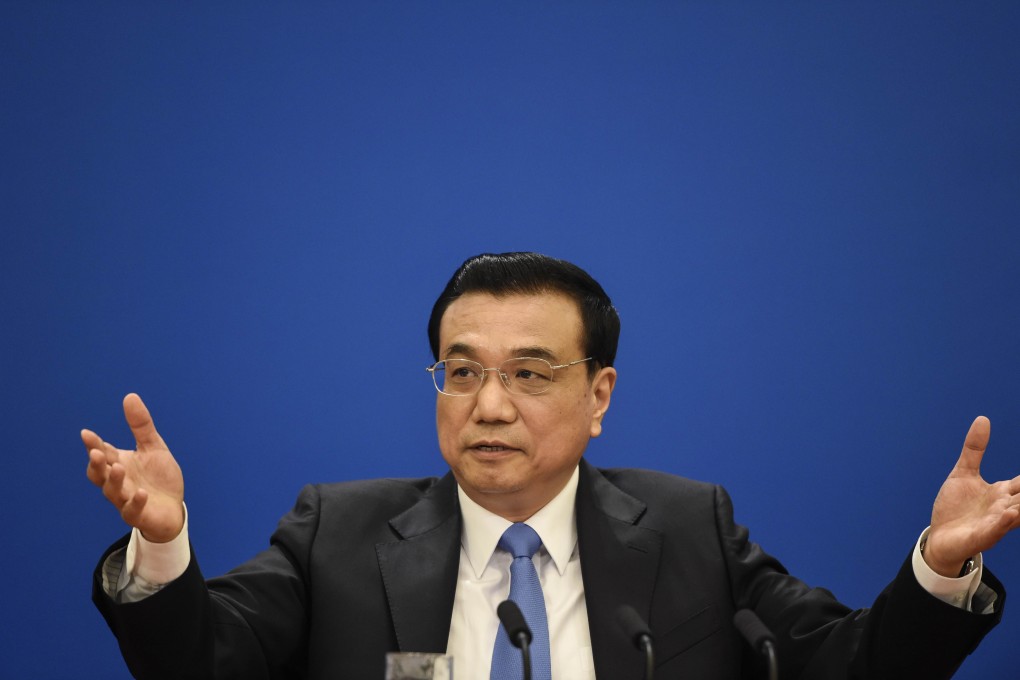Analysis | How foreign media engages Beijing, and vice versa, at Li Keqiang's press conference

Li's choice of the Huffington Post made the American media organisation -- founded by influential public figure Arianna Huffington about ten years ago -- the first foreign digital-only media outlet allowed to ask a question at the closely watched press conference which is held at the end of the parliamentary sessions held in China every March.
China has a decidedly mixed relationship with foreign media with many analysts saying Beijing has tightened control of foreign reporters and publications since restrictions were eased in the run-up to the 2008 Beijing Olympics. In more recent years, US media organizations including the New York Times and Bloomberg have complained about growing difficulties in getting visas and work permits for their correspondents, or sometimes even just for short-term trips.
Speculation about why Li called on the Huffington Post grew quickly among foreign correspondents and other China watchers. Even the official Chinese government website Gov.cn posted an article to explain the reasons why the Huffington Post got this rare opportunity – one out of a total of 17 questions Li was asked at the press conference.
Allowing a digital publication like the Huffington Post to ask a question demonstrated the "more open thinking” of the Chinese government, according to an article posted on the government's verified WeChat account.
One of Li’s key focuses at this year's parliamentary sessions was technology and innovation. In a speech to the National People's Congress he debuted the so-called “Internet-plus” plan to encourage more start-ups in China and thereby create more jobs. Some China watchers said choosing the Huffington Post may have been designed to reflect Li’s web-focused strategy.